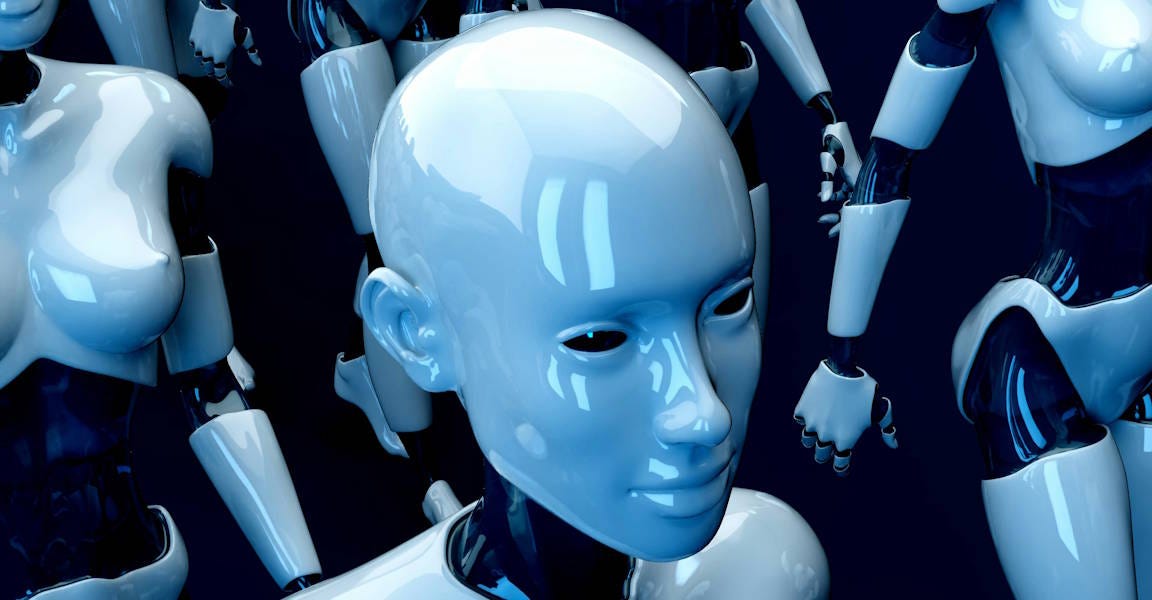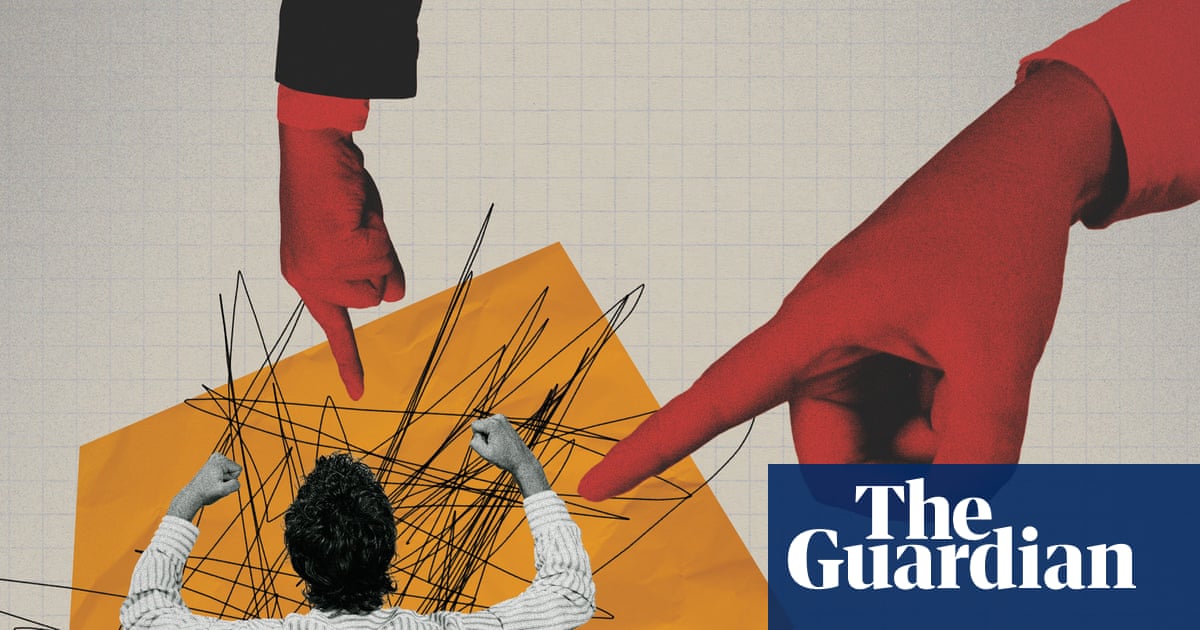The Ongoing Debate: AI's Impact on Employment
Artificial Intelligence (AI) continues to spark heated discussions about its effects on jobs, with economists and researchers presenting conflicting evidence. Some claim AI is already destroying jobs for certain groups, while others argue the impact is minimal or non-existent.
Key Studies and Findings
Recent research from the Economic Innovation Group (EIG) by Sarah Eckhardt and Nathan Goldschlag found no detectable effect of AI on employment trends for most workers. They used multiple measures of AI exposure and concluded that any job losses are very small, if they exist at all.

In contrast, a paper by Erik Brynjolfsson, Bharat Chandar, and Chen suggests that early-career workers (ages 22-25) in AI-exposed occupations like software development and customer service have seen a 6% decline in employment since late 2022. However, older workers in the same fields experienced growth, raising questions about why AI would only affect the young.
Why the Discrepancy?
Brynjolfsson et al.'s findings are puzzling because they show robust employment growth for middle-aged workers in AI-exposed jobs, which doesn't align with typical narratives of job destruction. Additionally, no wage slowdown has been observed, which would be expected if labor demand were falling.
The debate hinges on how AI exposure is measured. Different studies use various indices, such as those from Felten (2021) or the Anthropic Economic Index, which may not be fully validated yet.
What This Means for Workers
For now, the evidence suggests that AI is not yet a major job killer, but vigilance is key. The labor market remains strong overall, with employment growing for most demographics. However, young workers in tech and service roles should monitor trends and consider upskilling to stay competitive.
The uncertainty means we might remain in a state of perpetual anxiety about AI's impact, but current data does not support widespread job loss fears.






Comments
Join Our Community
Sign up to share your thoughts, engage with others, and become part of our growing community.
No comments yet
Be the first to share your thoughts and start the conversation!